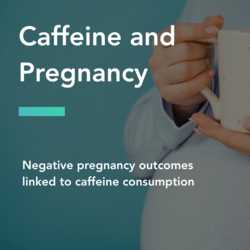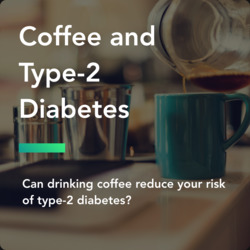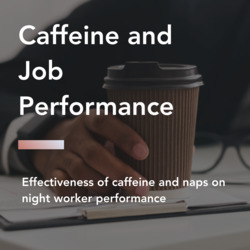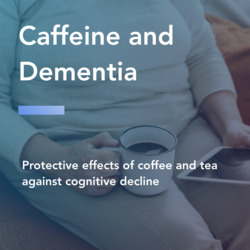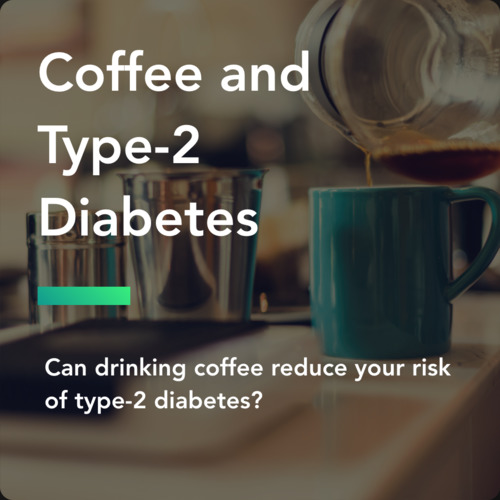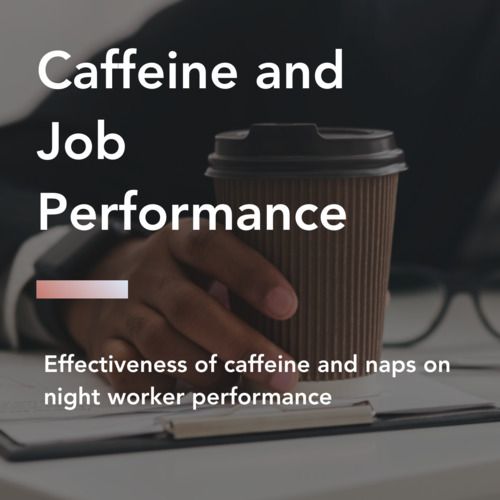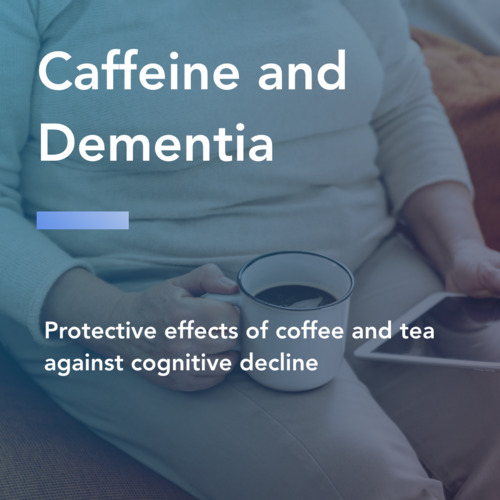Introduction
Coffee feels good, but is it bad for you? Usually, substances that make us feel good carry negative side effects. Alcohol damages the liver and cigarettes damage your lungs.
Coffee, on the other hand, appears to be relatively safe. In fact, coffee might just be pretty good for you in some ways that you may not have expected.
Below we have a listed five significant beneficial effects of coffee on the body. Each of these is backed by at least one solid scientific study which we have linked to.
Top 5 Effects of Caffeine on the Body
Caffeine may have benefits for athletes across many sports. While it doesn’t necessarily give you more physical strength, it may give you more mental strength to muster up the power and endurance that you need. Caffeine is also known to improve reaction time, which is critical for many fast-paced sports.
Reference: Applied Physiology, Nutrition, and Metabolism
"The available literature that follows such guidelines suggests that performance benefits can be seen with moderate amounts (~3 mg.kg-1 body mass) of caffeine. Furthermore, these benefits are likely to occur across a range of sports, including endurance events, stop-and-go events (e.g., team and racquet sports), and sports involving sustained high-intensity activity lasting from 1-60 min (e.g., swimming, rowing, and middle and distance running races)."
There is a fair amount of evidence showing that coffee may have benefits for the liver. The mechanism is still unknown, but the data shows striking effects. Those who drink coffee are less likely to develop cirrhosis, which is the end stage of liver disease. This was also shown to be specifically effective for alcoholics and individuals with hepatitis, an infection of the liver. Of note, this affect was shown for coffee in particular. Since many of the studies are done in the United States and Europe, it can be difficult to study the effects of caffeine outside of the effects of coffee since coffee consumption is so common.
Reference: PLoS One
"The pooled results of the meta-analysis indicated that coffee consumers were less likely to develop cirrhosis compared with those who do not consume coffee, with a summary OR of 0.61 (95%CI: 0.45-0.84)...The pooled OR of advanced hepatic fibrosis for coffee consumption versus no consumption was 0.73 (95%CI: 0.58-0.92). The protective effect of coffee on hepatic fibrosis and cirrhosis was also identified in subgroup meta-analyses of patients with alcoholic liver disease and chronic hepatitis C virus (HCV) infection."
Coffee has a surprising protective effect when it comes to diabetes. A large study in a well-respected journal shows that those who drank 7 or more cups of coffee had about half the risk of developing diabetes compared to those who drank two cups or less. The mechanism behind this is still unclear. Some scientists believe that caffeine may affect the hormones behind sugar processing in the body.
Reference: Lancet
"During 125774 person years of follow-up, 306 new cases of type 2 diabetes were reported. After adjustment for potential confounders, individuals who drank at least seven cups of coffee a day were 0.50 (95% CI 0.35-0.72, p=0.0002) times as likely as those who drank two cups or fewer a day to develop type 2 diabetes. Coffee consumption was associated with a substantially lower risk of clinical type 2 diabetes."
When used in combination with Tylenol and aspirin, caffeine has been shown to alleviate headaches. One clinical trial listed below showed that caffeine, when used in combination with Tylenol and aspirin, Was more effective in treating headache than ibuprofen. This combination is so effective that you can actually find it prepackaged and drug stores. They are the core ingredients of Excedrin.
Reference: Headache
"While both active treatments were significantly better than placebo in relieving the pain and associated symptoms of migraine, was superior to IB for TOTPAR2, as well as for PAR, time to onset of meaningful PAR, pain intensity reduction, headache response, and pain free. The mean TOTPAR2 scores for , IB, and placebo were 2.7, 2.4, and 2.0, respectively ( vs. , P < .03). The median time to meaningful PAR for was 20 minutes earlier than that of IB (P < .036)."
Coffee has been shown to correlate with lower mortality. Scientists aren't sure of the exact reasons why, but the results are striking. One prominent study found that those who drank 4-5 cups of coffee had a 12% lower risk of death.
Reference: NEJM
"In age-adjusted models, the risk of death was increased among coffee drinkers. However, coffee drinkers were also more likely to smoke, and, after adjustment for tobacco-smoking status and other potential confounders, there was a significant inverse association between coffee consumption and mortality."
More Information on Caffeine
Caffeine
The Benefits and Drawbacks of Caffeine
Caffeine has been shown to be most healthy for your body and mind. There are certain negative effects that have come up in studies, however they are mostly specific to individuals with certain conditions such as anxiety and migraine headaches.
Keys to Health
Coffee, overall, is pretty good for you. Of course like any substance that we taken in large quantities, there are negative affects which you can find in the summaries below.
One weak point in many of these studies is the lack of distinction between coffee and caffeine. When studying caffeine consumption in the Western world, it’s hard to tease apart the effects of coffee and caffeine since everybody gets their caffeine from coffee.
Additionally, most of these studies rely on epidemiology and correlations. As you’ve probably seen if you’ve read articles, Correlation does not mean causation. Just because coffee is linked to a lower rate of diabetes doesn’t mean that drinking more coffee protects you from diabetes.
What we can say with some certainty from these studies is that coffee at the very least is likely not bad for you in moderation.
